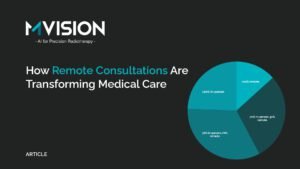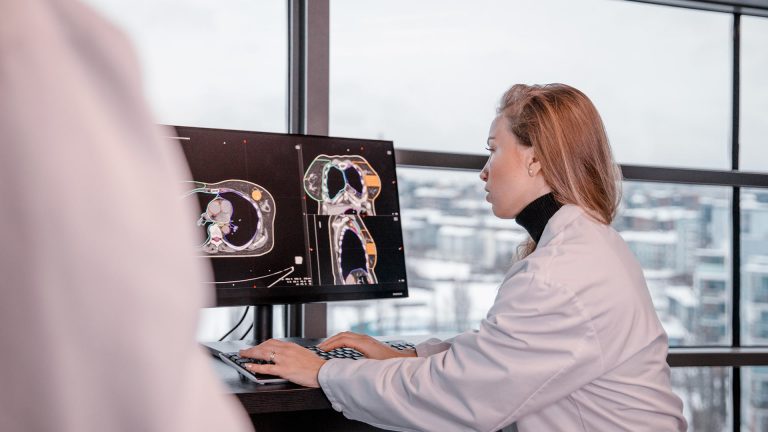Telemedicine, the remote delivery of healthcare services over the telecommunication infrastructure, has been pivotal in redesigning the healthcare system. Telemedicine began in the late 1950’s, when Nebraska Psychiatric Institute and Norfolk State Hospital established a closed-circuit television link between the two healthcare facilities for psychiatric consultations. Around that same time, the use of telemedicine increased primarily for the purpose of connecting doctors and patients to specialists located elsewhere. However, due to expenses and complications, most patients were not able to receive telemedicine until recently.
The rise of telemedicine
As more of the population gained access to the internet, the use of telemedicine services began to increase. Remote medical care has gained popularity in recent years. It allows for the constant monitoring of the patient’s condition, and the performance of preventive and control check-ups outside of medical facilities. This form of care is made possible by the use of mobile devices which measure vital signs. and it has gained popularity in recent years. The rapid usage of remote consultations has much to do with the production of smart devices and their capabilities to provide high quality video transmissions to patients globally.

COVID 19 and remote medical care.
Due to the pandemic, there was a drastic increase in the number of patients receiving remote medical care. Before the pandemic, just 11% of patients received remote general practitioner consultations. As of February, 2021, 36% of patients now receive remote general practitioner consultations in the UK. According to McKinsey § Company, in April 2020 alone, there were 78 times as many remote medical consultations.

62% of respondents prefered to have primarily hybrid consultations
The MVision team (MVisionaries) cares about the wellbeing of the public. With the expansion of remote medical consultations, the MVisionaries were curious to learn how physicians and patients truly felt about it. MVision AI conducted a poll asking: If you could choose, what would your ideal consultation location be? Respondents were given the following options:
- 100% in-person
- 70% in-person, 30% remote
- 30% in-person, 70% remote
- 100% remote.
The majority of respondents preferred to have a hybrid consultation option, either: 30% in person and 70% remote, or 70% in-person and 30% remote. Infact, over 62% of respondents preferred a hybrid option. 24.4% of respondents preferred to have primarily in-person consultations, and the minority of respondents (13.3%) preferred to have primarily remote consultations. The MVision team really appreciates all of the thoughtful responses from patients and physicians worldwide. Based on the results, most physicians and patients prefer a hybrid form of consultations for the future.

Endless possibilities for remote consultation with MVision AI
MVision AI’s consistent services are available for oncologists providing both in-person and remote consultations. Guideline based and fully automated, contours and 3D organ models are delivered to oncologists in minutes, saving time while enhancing workflow efficiency. This in-turn allows oncology departments to spend more time with their patients, focusing on workplace wellbeing remotely or at their medical practice.
MVision AI is here to help you
If you are interested in learning more about MVision AI’s guideline and GDPR compliant radiotherapy services, visit our website and follow us on LinkedIn.
You are more than welcome to contact us:
c/o Terkko Health Hub, Haartmaninkatu 4, 00290 Helsinki, Finland.
Tel: +358 (0) 40 5489 229
Email: info@mvision.ai
For media inquiries:
Tel: +358 40 500 7915
Email: pr@mvision.ai
Sources


